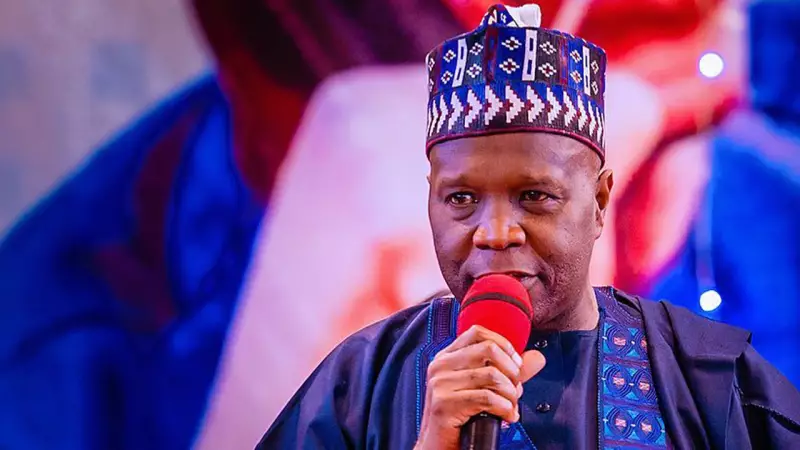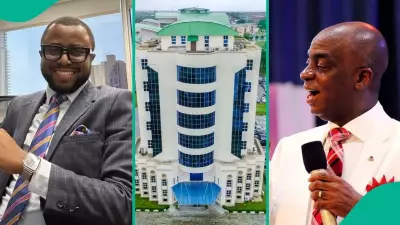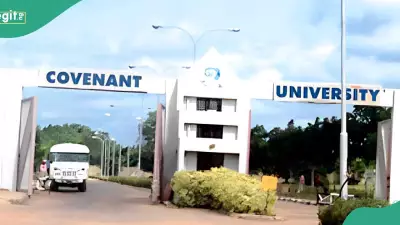
In a bold move to revolutionize its education sector, Gombe State has embarked on an ambitious statewide school census aimed at tackling the root causes of educational underperformance. This comprehensive data collection exercise represents a critical step toward evidence-based educational reform.
Uncovering the Real State of Education
The census initiative, spearheaded by the State Ministry of Education, will conduct an in-depth assessment of all educational institutions across Gombe's eleven local government areas. The exercise goes beyond mere headcounts to examine crucial factors affecting learning outcomes.
What the Census Will Reveal
- Infrastructure deficiencies - classrooms, furniture, and learning facilities
- Teacher quality and distribution across urban and rural areas
- Student enrollment patterns and attendance rates
- Availability of learning materials and educational resources
- Special needs education provisions and accessibility
From Data to Action
Commissioner for Education, Dr. Aishatu Maigari, emphasized that this isn't just another data collection exercise. "We're building the foundation for targeted interventions. The census results will directly inform our policy decisions and resource allocation," she stated during the launch ceremony.
The timing couldn't be more critical, as Gombe faces numerous educational challenges including overcrowded classrooms, insufficient qualified teachers, and varying quality of education between urban and rural communities.
A Blueprint for Educational Transformation
Education experts hail the initiative as a game-changer for the state's development agenda. By identifying specific problem areas, the government can now deploy resources more efficiently and measure the impact of educational investments accurately.
The census findings are expected to shape Gombe's educational landscape for years to come, potentially serving as a model for other Nigerian states grappling with similar challenges.





